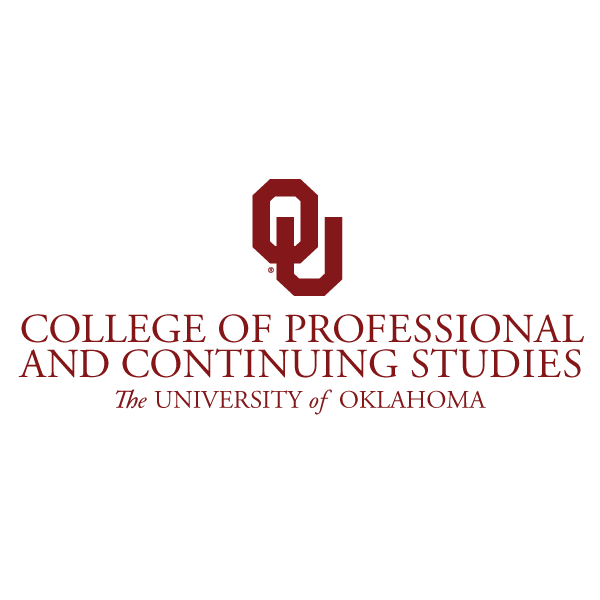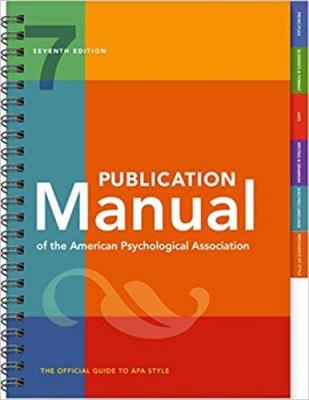Chad V. Johnson, PhD
Education
· Ph.D. Pennsylvania State University; Major: Counseling Psychology (APA-accredited);
· M.A. Trinity University; Major: School Psychology (NASP-approved)
· B.A. Magna Cum Laude, Texas A&M University; Major: Psychology; Double Minor: Classical Studies and Philosophy
Supplemental Education/Study Abroad:
· Minzu University, Beijing, China -Language and Cultural Studies, Summer 1992
· Lanzhou University, Lanzhou, China - Language and Cultural Studies, Summer 1994
Current Positions
· July 2011 – present Associate Professor, University of Oklahoma, Department of Human Relations, Schusterman Center, Tulsa, OK. Tenured.
· Jan 2009 – present Clinical Assistant Professor, University of Oklahoma-College of Medicine, Department of Psychiatry, Schusterman Center, Tulsa, OK
· Dec 2006 – present Instructor, Advanced Programs/Extended Campus, University of Oklahoma, OUTREACH, Tulsa, OK
· Dec 2008 – Present Private Practice, Tulsa, OK.
Frequently Taught Extended Campus (Advanced Programs) Courses
· HR 5463 Counseling Skills in Human Relations
· HR 5100 Post-Traumatic Disorder
· HR 5003 Theoretical Foundations of Human Relations
· HR 5453 Ethical Issues in HR Counseling
Research Specialty Areas
· Social Justice and Community Based Participatory Research
· Psychology and Religion/Spirituality—Buddhist Psychology/Mindfulness
· Group Psychotherapy
· Humanistic, Existential, and Transpersonal Studies
Representative Publications and Presentations
REFEREED PUBLICATIONS (* = student author)
Robbins, B.D., Friedman, H., Johnson, C.V., & Franco, Z. (2018). Subjectivity is no object: Can subject-object dualism be reconciled through phenomenology? International Journal of Transpersonal Studies 37(2), pp. 144-167.
Arias, B.J.,* & Johnson, C.V. (2013). Voices of healing and recovery from childhood sexual abuse. Journal of Child Sexual Abuse, 22(7), 822-841.
Friedman, H., Krippner, S., Riebel, L., & Johnson, C.V. (2010). Transpersonal and other models of spiritual development. International Journal for Transpersonal Studies, 29(1), 79-94.
Johnson, C.V., Bartgis, J., Worley, J.A., Hellman, C.M., & Burkhart, R. (2010). Urban Indian Voices: A Community Based Participatory Research Project. American Indian and Alaska Native Mental Health Research: The Journal of the National Center, 17(1), 49-70.
BOOKS/MONOGRAPHS
Johnson, C.V., Friedman, H.L., Diaz, J., Franco, Z., & Nastasi, B.K. (Eds.) (2014). The Praeger handbook for social justice and psychology: Vol. 1. Fundamental Issues and special populations. Santa Barbara, CA: Praeger.
Johnson, C.V., Friedman, H.L., Diaz, J., Franco, Z., & Nastasi, B.K. (Eds.) (2014). The Praeger handbook for social justice and psychology: Vol. 2. Well-being and professional issues. Santa Barbara, CA: Praeger.
Johnson, C.V., Friedman, H.L., Diaz, J., Franco, Z., & Nastasi, B.K. (Eds.) (2014). The Praeger handbook for social justice and psychology: Vol. 3. Youth and Disciplines in Psychology. Santa Barbara, CA: Praeger.
Licensure and Certification
· Licensed Health Service Psychologist. State of Oklahoma (Lic. No: 1070)
· Licensed Psychologist. State of Iowa (Lic. No: 00996, Inactive)
· Nationally Certified School Psychologist. (Cert. No: 31402, 1999-2005, expired)
Major Professional Affiliations
· Psychologists for Social Responsibility
· Oklahoma Counseling Association


